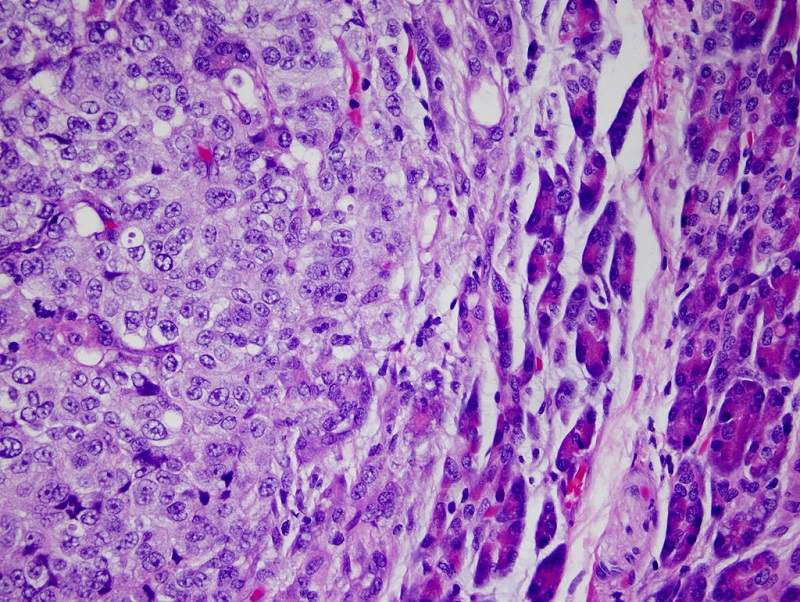
Incyte Corporation and Merck have announced that they are stopping trials of Incyte’s epacadostat in combination with Merck’s Keytruda in patients with unresectable or metastatic melanoma after an external Data Monitoring Committee (eDMC) review.
The review concluded that the Phase III ECHO-301/KEYNOTE-252 study did not meet the primary endpoint of improving progression-free survival in the overall population compared to Keytruda monotherapy. The study’s second primary endpoint of overall survival also is also not expected to reach statistical significance.

Discover B2B Marketing That Performs
Combine business intelligence and editorial excellence to reach engaged professionals across 36 leading media platforms.
Data from this study will be analysed and submitted for presentation at an upcoming scientific congress.
Incyte chief medical officer Dr Steven Stein said: “While we are disappointed that this study did not confirm the efficacy of epacadostat in combination with Keytruda in patients with unresectable or metastatic melanoma, data from ECHO-301/KEYNOTE-252, including analyses of an extensive biomarker panel, will contribute to our understanding of the role of IDO1 inhibition in combination with PD-1 antagonists, and may inform our broader epacadostat clinical development program.
“We remain dedicated to transforming the treatment of cancer and will continue to explore how IDO1 inhibition and other novel mechanisms can potentially improve outcomes for patients in need.”
Epacadostat works by targeting and binding to IDO1, an enzyme responsible for the oxidation of tryptophan into kynurenine. By inhibiting IDO1 and decreasing kynurenine in tumour cells, epacadostat increases and restores the proliferation and activation of various immune cells.

US Tariffs are shifting - will you react or anticipate?
Don’t let policy changes catch you off guard. Stay proactive with real-time data and expert analysis.
By GlobalDataThe combination of epacadostat and immune checkpoint inhibitors has shown proof-of-concept in patients with unresectable or metastatic melanoma, non-small cell lung cancer, renal cell carcinoma, squamous cell carcinoma of the head and neck and bladder cancer.
Keytruda is an anti-PD-1 therapy that works by increasing the ability of the body’s immune system to help detect and fight tumour cells. Keytruda is already approved in the US to treat some types of non-small cell lung cancer and skin and blood cancer.
Days after the combination therapy trials were halted, Merck announced that a Phase III study of Keytruda as a monotherapy for locally advanced or metastatic non-small cell lung cancer had met primary endpoints. The drug was shown to extend the lives of patients significantly compared to chemotherapy.




